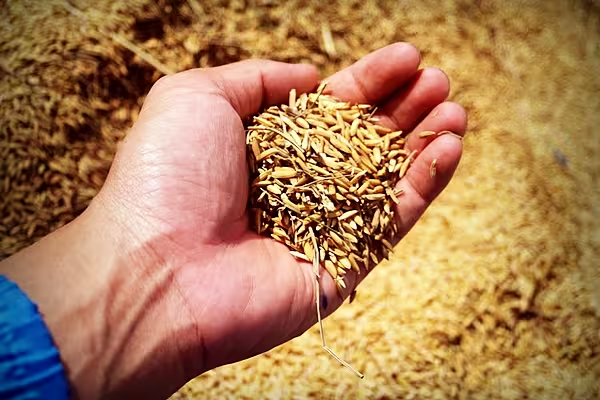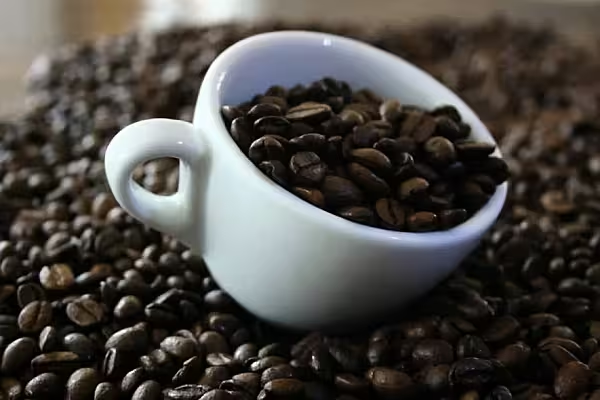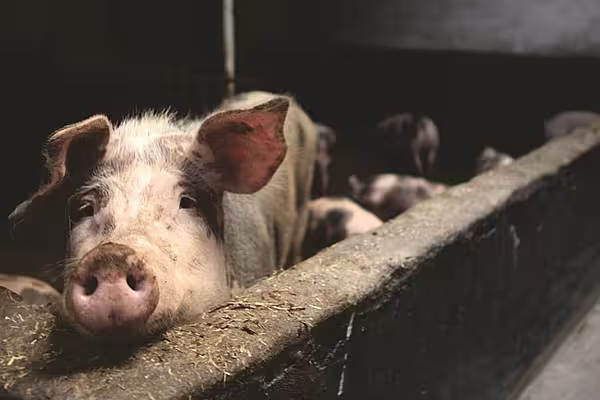The United Nations’ Food Price Index dipped in December, against November’s levels, led lower by a drop in international sugar quotations, but it still showed a robust year-on-year gain, new data showed.
The index, compiled by the UN’s Food and Agriculture Organization (FAO) to track the most globally traded food commodities, fell to 127.0 points last month, from a slightly revised 127.6 in November.
The November figure was previously put at 127.5.
Year-On-Year Increase
The December value went up by 6.7% from 12 months previously, yet it remained at 20.7% below the all-time high reached in March 2022, the FAO noted.
For 2024 as a whole, the index averaged 122.0 – 2.1% lower than the 2023 value – offsetting significant decreases in quotations for cereals and sugar, with smaller increases in prices for vegetable oils, dairy and meats.
Sugar prices led December’s monthly decline, dropping by 5.1%, month on month, thanks to improving sugar cane crop prospects in the main producing countries, to stand at 10.6% below the December 2023 level.
Dairy prices declined after seven consecutive months of increases, losing 0.7% from November, but still posting a 17.0% year-on-year gain. Vegetable oil prices dropped by 0.5%, month on month, but were up by 33.5% on their level a year earlier.
Meat prices rose by 0.4% in December, from November, and stood at 7.1% above their December 2023 value.
Cereal Price Index
The FAO’s Cereal Price Index was little changed last month, from November, and 9.3% below its level a year earlier, as a slight uptick in maize quotations offset a drop in those for wheat, the FAO noted.
The FAO did not provide a new forecast for global cereal production, with the next estimate due next month.
Read More: Soybeans, Corn Rise In Choppy Trading On South American Weather Concerns











